|
Formative assessment is ranked among the most effective instructional strategies, with its ability to take place in all steps of students' learning process, from activating prior knowledge to monitoring progress, to feed-forward on the learning journey. With a mix of theoretical and practical activities, our participants can reflect on how to improve their awareness of students' understanding through effective and easy assessment and feedback strategies. The new edition of the course “Effective formative assessment and feedback management in education” took place in Palermo from 14/04/2024 to 20/04/2024. The participants came from all across Europe with Ángel and Antonio from Escuela Oficial de Idiomas de Cádiz in Spain, Róbert from Bethlen Gábor Általános Iskola és Gimnázium in Hungary, Klara and Guðrún from Nesskóli in Iceland. During the first part of the course, the participants were asked to explain their prior knowledge about the topic of formative assessment. First of all, the basis of what is the assessment cycle and the difference between formative and summative assessment was explained. To identify the characteristics of each of the assessments, the participants had to brainstorm their ideas together and answer digital quizzes to identify the differences between formative and summative assessments. This activity allowed them to share their point of view and discuss it while sharing their doubts about the course topic. Another important topic in the course was the notion of feedback. It is one of the most challenging and central strategies of the formative assessment. To help the participants identify how to apply the feedback with their students, some group discussions and role plays were made to put into practice what they learned. The aim of it is to build constructive and effective feedback but also a mindset and an attitude towards the one who is receiving it. This led the course towards the importance of growth culture in the classroom, which is the key to not perceiving the feedback as a punishment but as an opportunity to improve and create collaboration among the students. To apply the theory that has been explained until now, the participants were asked to discuss the main tools and types of formative assessment they could add to their teaching process. The most relevant digital tools were explained to allow the teachers to have an overview of how they can monitor real-time students’ progress and understanding of a lesson. These tools are also a way to run entry and exit tickets aiming the students to reflect on what they are learning more efficiently. If the feedback teacher-student is important, the students as self-resources for each other is central to contributing to the growth culture of the classroom. The participants explored this topic through practical strategies to promote peer learning and feedback. Thanks to their different teaching experiences, the participants could provide rubrics as a display of the assessment criteria the students should use to take ownership of their learning process. The importance of making the peer assessment process a safe process was also highlighted to preserve goodwill. The topic of peer assessment and peer learning was the conclusion of this course. It is a very useful tool for students to cooperate and be committed to the learning process. This is also a way for teachers to evaluate the efficiency of their teaching practices and improve them. Self-awareness and self-motivation are the two keywords for both students and teachers, not only to engage the students in the learning process but also for teachers to be aware of how the students receive it. During this training week, the participants reflected on their teaching practices, their intentions, and goals while doing so. The exchange of best practices and cultural activities with teachers from all over Europe created an enjoyable atmosphere in the nice city of Palermo. Discover more about this course at https://www.erasmustrainingcourses.com/formative-assessment.html
|
Welcome to the ELA Blog. Here you will find articles and photos of our courses and have a look at the topics addressed during the week in Bologna, Palermo and Tenerife. You will also have the chance to take a peek at our projects and check out what we have been up to.
Archives
July 2024
Categories |
-
Course catalogue
- 2023-2024 course catalogue
- Soft Skills >
- ICT and New Technologies >
- Inclusion and Diversity >
-
Innovative Teaching Methods
>
- Innovative teaching methods discovery
- Non-formal education teaching methods
- Dual education and work-based learning
- Teaching leadership and entrepreneurship
- Project based learning
- Game based learning and gamification
- Green skills
- Outdoor education
- Outdoor education trekking edition
- Promoting creativity and critical thinking
- Languages and EU projects >
- Preschool >
- Erasmus Plus KA1
- What we do
- About us
- Locations
- Blog
- Contact us
 English
English български
български Čeština
Čeština Español
Español Français
Français ελληνικά
ελληνικά Italiano
Italiano Polski
Polski Português
Português Română
Română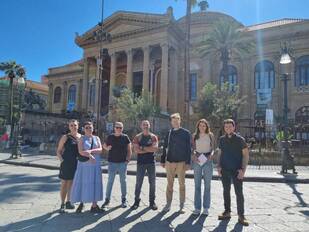
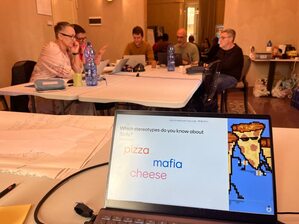
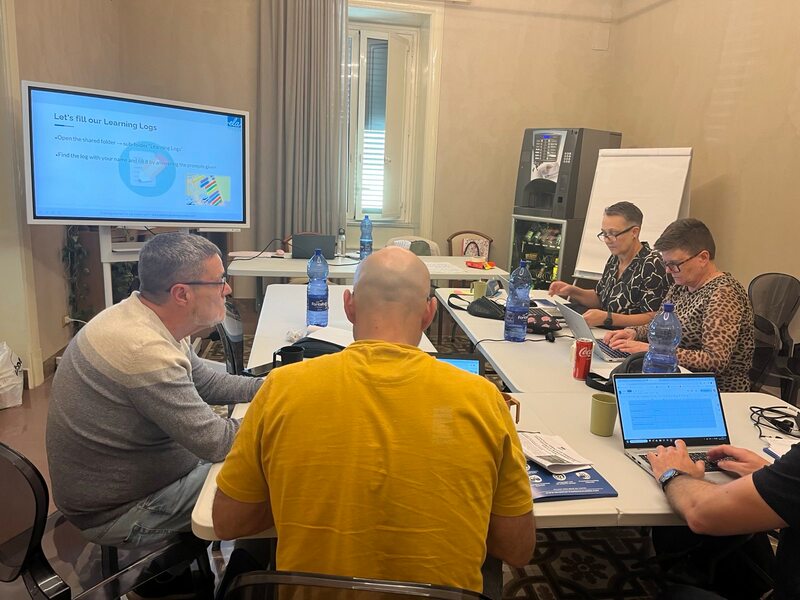
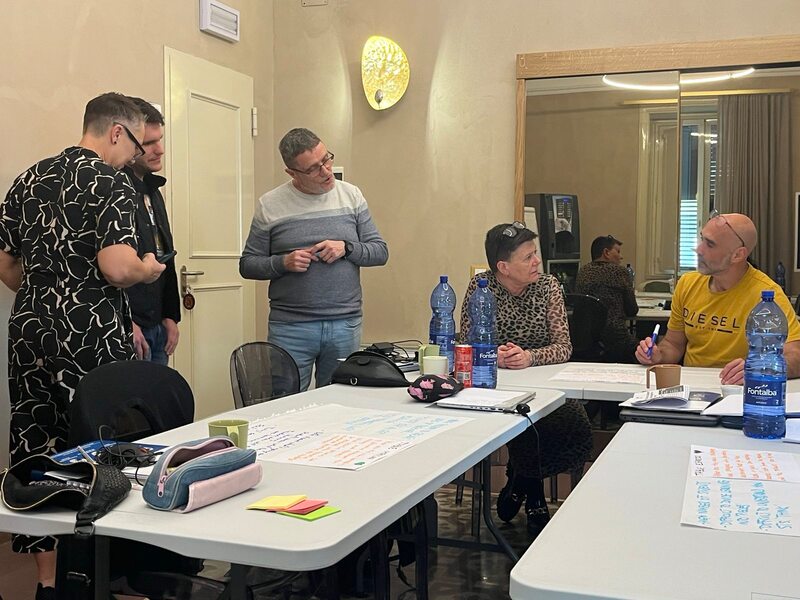
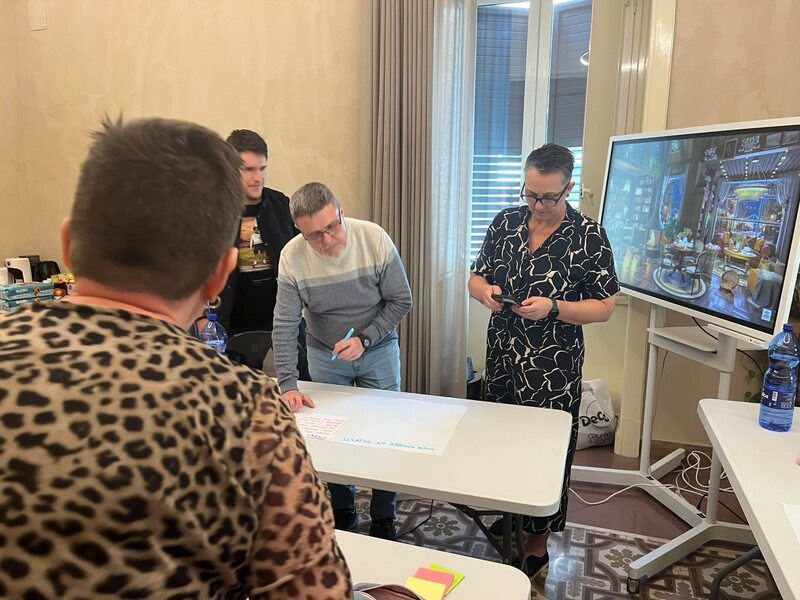
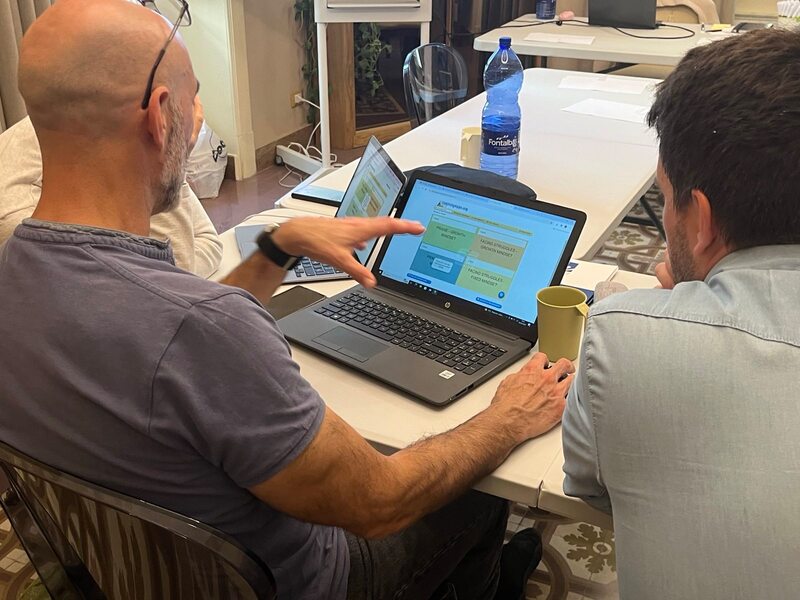
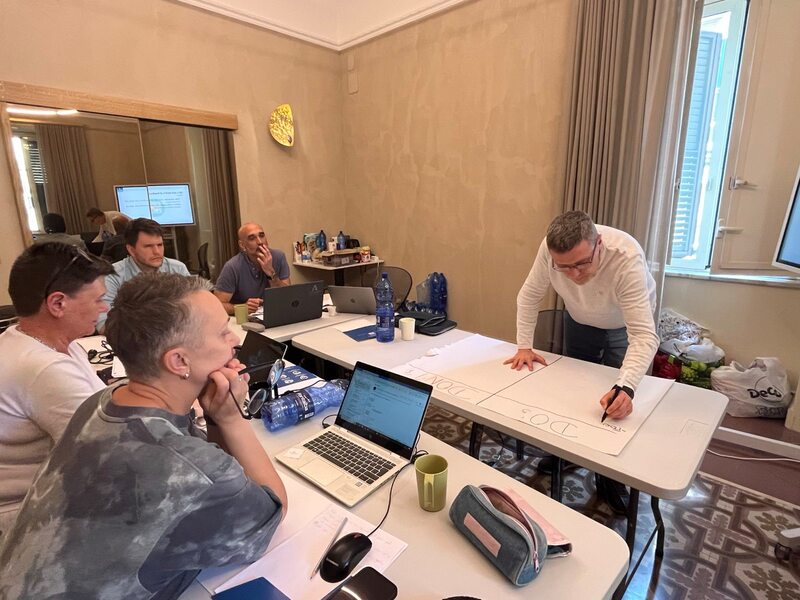
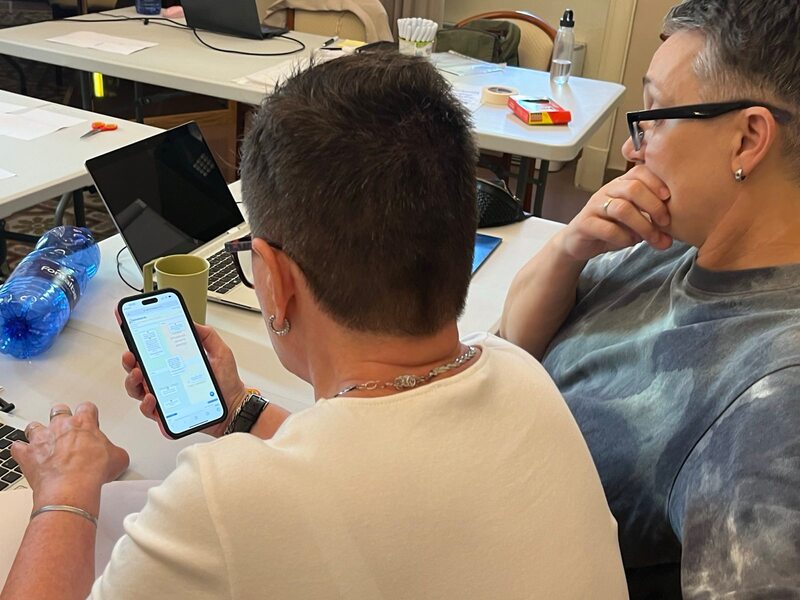
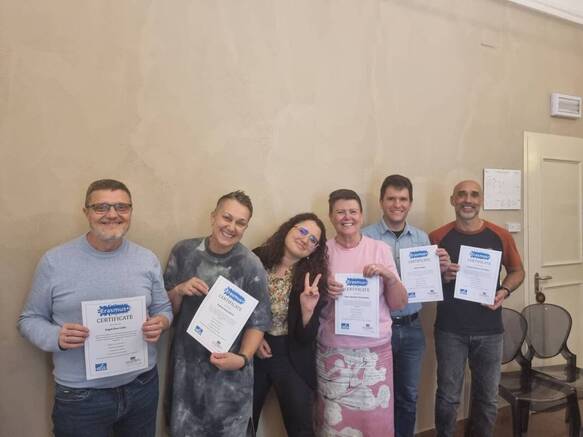
 RSS Feed
RSS Feed









